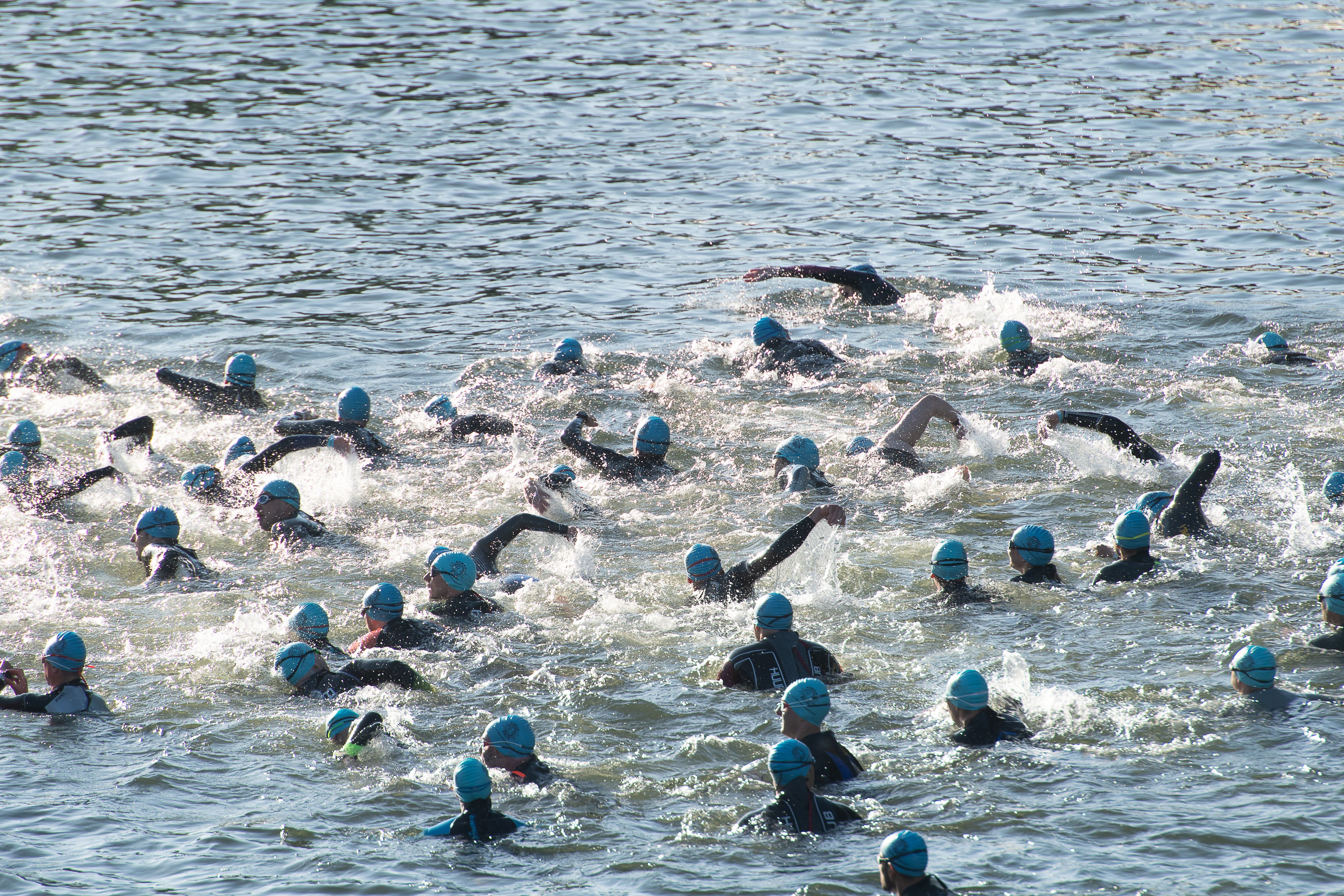There’s one thing we can all do to make our rivers cleaner – and nobody is talking about it
I don’t know how to break it to my kids that we won’t be spending this summer in the water like usual, writes Gemma Abbott – it’s far too dangerous. If only we all started taking individual responsibility for the state of our seas and rivers


Summer in the UK to me means one thing – spending time in the water.
Whether it’s dusting off the surfboards and heading down to the beautiful North Devon coast with my kids, or pumping up our SUPs (standup paddleboards) for a lazy day drifting down our local rivers; being in the water is my favourite way to spend a day.
This year will be very different.
I’m already preparing for the disappointment when I tell my children that we’re not doing any of it: no surfing, swimming or paddleboarding. Nothing. At least... not in UK waters.
As far as I’m concerned, British waterways are completely off-limits for the foreseeable future. The quality of the water is far too questionable and I’m not willing to take the risk.
Over the past year, we’ve barely gone a day without the media reporting on an instance of people getting sick from spending time in our rivers. This week saw dozens of triathletes left seriously ill after the Royal Windsor Triathlon. Severe vomiting and diarrhoea is now an ever-present risk for anyone coming into contact with our waterways.
In this year’s State of our Rivers report, The Rivers Trust published a map of every sewage discharge into our waterways – both treated and untreated overflows. The figures are utterly shocking. Alongside the map, The Trust provides the rather sobering advice to “avoid entering the water immediately downstream of these discharges and avoid the storm overflows, especially after it has been raining”.
The run up to the election has seen most parties include manifesto pledges to clean up the rivers. Invariably these seem to include increasing Ofwat’s powers and upping the levels of fines on water companies. My fear with this kind of corporate-level action is that the costs will ultimately be passed on to us all through our water bills.
Because I want to get back into the water as soon as humanly possible, my natural instinct in these circumstances is to work out if there’s anything I should or could be doing in my daily lives to take some kind of action.
Turns out there is. In fact there are two major things we should all be doing – or rather not be doing – that can make a real difference to the state of our waterways. And because nobody is doing a very good job of telling us, I don’t think many people realise that every day they’re unknowingly adding to the problem.
The first you’ll have probably heard about: flushing wet wipes down the toilets.
Wet wipes – even those branded “flushable” because they no longer contain plastic – still create blockages in our sewage systems. And when our sewers get blocked and then it subsequently rains, guess what happens? The whole lot gets washed into the overflow pipes and ends up floating around in our rivers.
But there’s actually something else (possibly a far more common action than we’d all care to admit to) that has an immediate and drastic effect on the state of our waterways: flushing tampons down the toilet.
Now, I’ll be the first to put my hands up here. I literally hadn’t given this a thought. I suppose I inherently knew that sanitary pads, like nappies, were unflushable. But tampons are so, well, small. So surely they can’t make that much difference?
Turns out I was very wrong. Firstly tampons are teeming with bacteria, so when they hit our waterways they add to that cocktail of thins that make humans very sick when they’re ingested. And, if you use tampons, you’ll also know they expand to roughly four or five times their original size once they’re soaked in water, which makes them perfect little “cloggers” for our sewage system.
This means that every time water companies use overflows – whether legally or illegally – those little cotton critters end up floating around our rivers and coastline.
The issue campaigners have is that flushing tampons down the toilet is highly habitual. While they’ve come up with some great slogans – like only flushing the three “Ps” (paper, poo and pee), most of us have been flushing tampons since our teenage years. This means, like any habit, it’s tricky to get people to stop doing it, even if we know it’s the right thing to do.
Having said that, ever since I found out exactly what actually happens to the tampons I’ve flushed down the loo in the past, it’s really made me think twice. Turns out I’ve been unknowingly contributing to the problem the whole time.
So yes, first and foremost, the water companies, government and regulators are to blame. But surely it’s time we all took some responsibility for our actions when it comes to the sorry state of British waterways.
Gemma is a keen surfer and communications director for a washroom hygiene company
Join our commenting forum
Join thought-provoking conversations, follow other Independent readers and see their replies
Comments
Bookmark popover
Removed from bookmarks